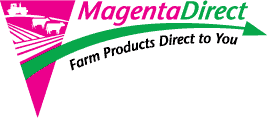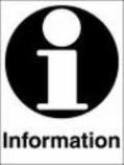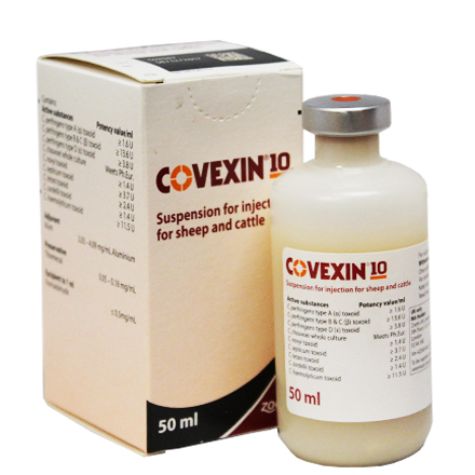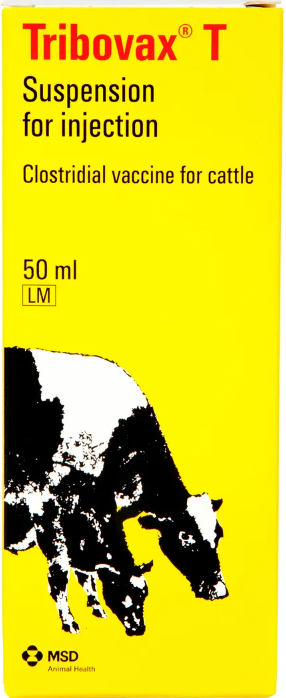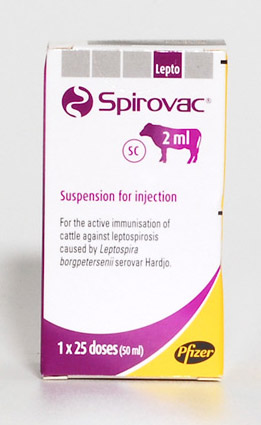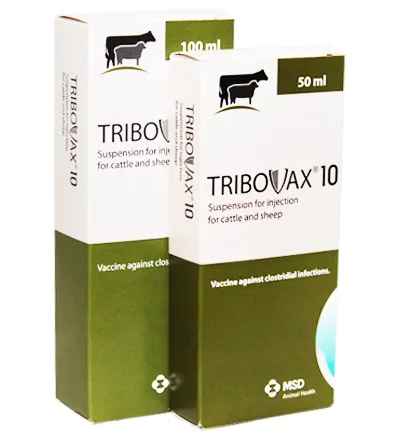Description
CALF SCOUR – PREVENTION IS BETTER THAN CURE
Calf scour is an extremely important disease of young calves causing the highest level of calf deaths and more financial loss than any other disease.
As the calving season progresses, calves encounter increasing numbers of infectious scour causing organisms which are highly infectious and contagious. The general environment becomes highly contaminated and with increased numbers of calves, there is less time and space for increasing numbers of calves. This environment favours not the calf but the infectious organisms.
Calf scour is often a consequence of a series of interactions between the calf, the environment and a wide variety of infectious organisms.
Calves are composed of 70% water at birth, so loss of body fluids can produce rapid dehydration and loss of essential electrolytes. If the calf ingests an equivalent volume of fluid to that being lost the calf will remain bright and alert. However if the calf suffers a net loss of fluid, the calf will become dehydrated.
Although infectious organisms may be the initial cause of the scour, deaths from calf scour are usually due to dehydration, electrolyte loss and the consequent changes in body chemistry. All treatment of calf scours should be aimed at reversing these issues.
Dehydration can be detected by the sunken eyes of the affected calf which can lead to collapse, circulatory failure, and death. Early intervention with rehydration therapy is critical to prevent dehydration and mild electrolyte loss developing into acidosis.
The infectious agents which may cause scours include:
Viruses – Rotavirus, Coronavirus
Bacteria – E. coli, salmonella
Protozoa – coccidiosis, cryptosporidia
Definitive diagnosis can be obtained by sending faecal samples to the Regional Veterinary Laboratory for identification of the infective organism. Any faecal samples should taken prior to treatment of the affected calf with antibiotics or coccidiostats. Otherwise the diagnosis will be obscured.
ROTAVIRUS and CORONAVIRUS attack the lining of the small intestine usually between days 5 – 21 of birth resulting in reduced absorbtion of water and electrolytes and cauing damage to the intestine. Faecal contamination from infected scouring calves or dirty cows teats are sources of the viruses. No anti-viral treatment is available so rehydration therapy is essential. Vaccination programmes against these viruses by administering ROTAVEC CORONA or TRIVACTON 6 or LACTOVAC to the cows before calving are very effective.
E. COLI will infect calves within hours of birth as E. coli is present in the intestines of healthy calves. E. coli K99 and other strains release poisonous enterotoxins which cause a watery scour within 1 – 5 days of birth. Rehydration is the mainstay of treatment but antibiotics may be appropriate where a bacterial cause has been confirmed. Vaccination programmes against E. coli using ROTAVEC CORONA or TRIVACTON 6 or LACTOVAC are effective.
SALMONELLA can cause scour within 5 – 42 days from birth. Certain antibiotics are effective if Salmonella is identified as the cause of the scour. Rehydration therapy is critical. BOVIVAC S can be used to vaccinate the cows prior to calving.
COCCIDIOSIS is caused by protozoan parasites resulting in scour between 3 weeks and 6 months of age. Ill-thrift and chronic blood-stained scour are the main features. Rehydration therapy is essential. VECOXAN is a relatively new and novel treatment for coccidiosis which has proven to be very effective and can be used as a preventative if coccidiosis is diagnosed on a farm.
CRYPTOSPORIDIA causes scour from days 4 – 14 after birth. Faecal contamination from infected scouring calves or dirty cows teats are sources of cyrptosporidia. Rehydration therapy and HALOCUR are very effective in the treatment of cryptosporidia. Halocur is available from your pharmacist or vet subject to a vet’s prescription.
Vaccines, where available and appropriate, should be administered to the cows according to the vaccination schedule several weeks before calving.
ROTAVEC CORONA (requires a veterinary prescription) entails a single shot programme administered by intramuscular injection of 2ml from 3 to 12 weeks prior to calving.
TRIVACTON 6 entails an initial double shot of 5ml by subcutaneous injection at 6 to 8 weeks and at 2 weeks prior to calving in year 1, thereafter a single booster 5ml shot by subcutaneous injection 2 to 6 weeks prior to calving is effective.
LACTOVAC entails an initial double shot of 5ml by subcutaneous injection at 6 to 8 weeks and at 2 weeks prior to calving in year 1, thereafter a single booster 5ml shot by subcutaneous injection 2 to 6 weeks prior to calving is effective.
The use of scour vaccines is extremely effective in reducing the incidence of calf scour but is largely dependant on early and adequate colostrum feeding. The colostrum in the udder at the first milking is richest in antibodies against disease. Calves should be fed 10% of their birthweight in colostrum (5 – 6 litres) within 6 – 8 hours of their birth even if this has to be bottle-fed or stomach-tubed. The calf will absorb little or no antibodies after the first 12 hours. During this period the calf’s intestines will absorb up to 100% of the protective antibodies. Absorbtion rates decrease to 50% within 12 hours of birth and to 10% within 24 hours of birth.
Conversely in a dirty environment if a calf suckles on a cow’s dirty teats or licks the cow’s dirty udder or legs, then the infectious organisms present will have a direct route to the animals system and are extremely likely to cause scour. This shows the importance of good hygeine and good husbandry in the prevention of scour as it is a multifactorial disease. Calving boxes should be washed out after each birth and all calving materials disposed of.
REHYDRATION THERAPY of scouring calves is the mainstay of all calf scour treatments. Reversing the dehydration, minimising intestinal damage and reversing any symptoms of acidosis are the aims of therapy. If the calf is severely dehydrated (sunken eye), weak or collapsed then veterinary attention and intravenous fluids are required. Mild dehydration, scouring but standing, requires treatment with oral rehydration therapy. In general antibiotics have no value in the treatment of the common causes of calf scour.
Daragh Quinn MPSI, MRPharmS, Dip Ag Vet Pharm
